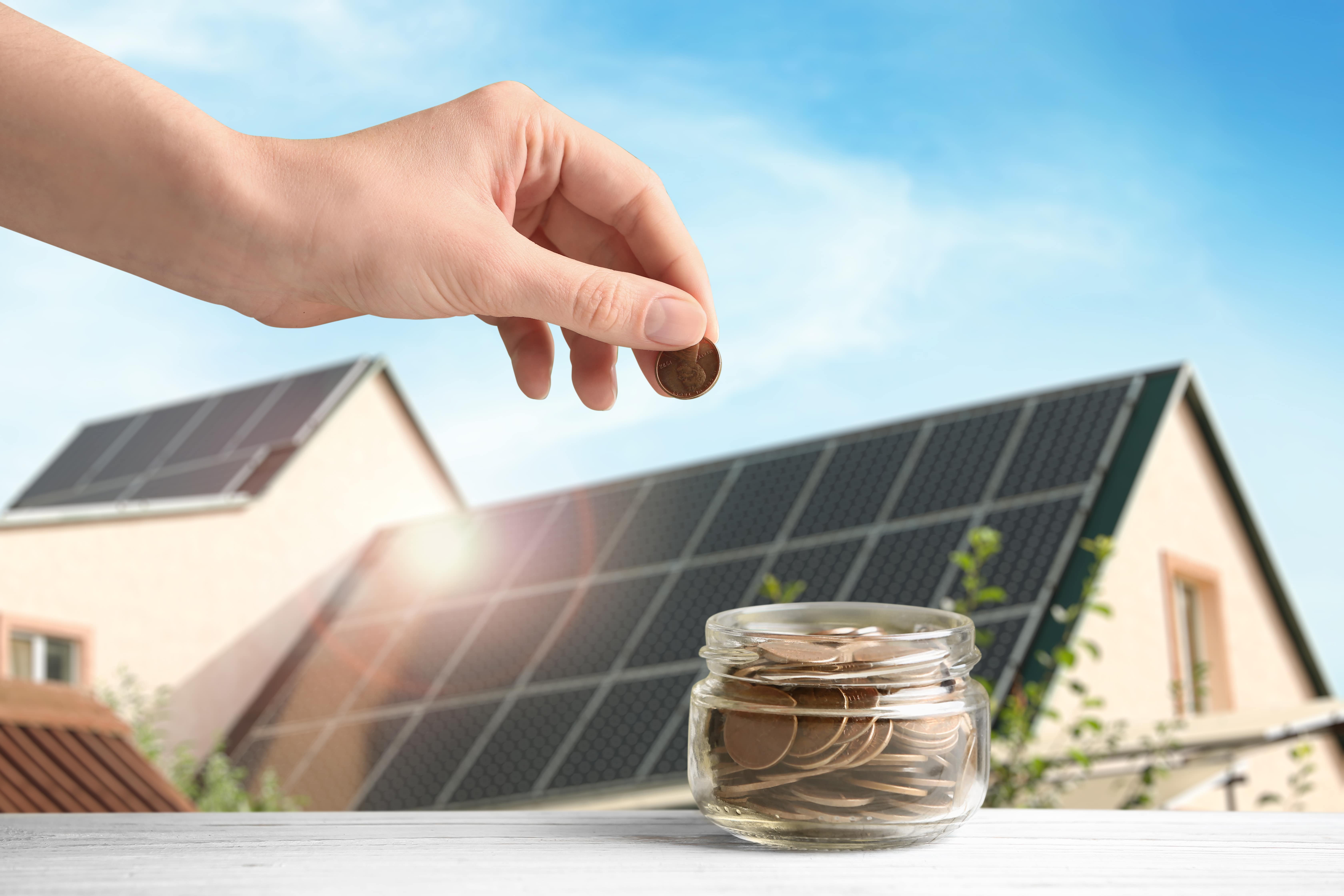Why Does Everyone Say, ‘Cash Is King’ for Solar?

Depending on how many solar panels you get and how many batteries you add, installing solar can cost you anywhere from $15,000 upto $40,000. After a house and a car, it might be the most expensive investment you will make. However, unlike a car, solar lasts 25 years and appreciates in value as well as increases the value of your home (upto 4% according to Zillow). And, unlike a home, where until you sell it, you won’t realize the returns, solar pays for itself in 6 to 10 years and then starts earning for you for the remainder of the 25 years!
We buy homes with mortgages. We buy cars through loans or leases. Solar too can be purchased via those financing options (if you want a deeper dive, click here). However, you will find tons of content and if you speak to an installer, they will tell you something similar: the best option is to get solar installed is by paying cash.
Of course, it depends on your personal financial situation and your future plans but if you have some money saved away and are willing to part with it, financial experts will tell you to spend it on appreciating assets that maximize your ROI. Moreover:
- Cash has been shown as the having the lowest payback period among all the solar financing options. It’s at least 15% bentter than loans.
- Cash payments for solar panel installations are less expensive in the long run as you avoid paying interest on the principal.
- Homeowners who purchase their solar panels can take advantage of federal and state solar tax credits and rebates.
- The purchase process is simpler. You never have to worry about factors like creditworthiness that affect the success of your loan application.
- You enjoy the effects of your energy savings and net metering credits immediately after you install your solar panels. You never have to redirect money towards loan repayment.
- You have more control over the design or type of solar system you can install. Lease or PPA providers, for example, will install their own preferred solar solutions. Ultimately, the greatest benefit of solar is that it democratizes power generation. It eliminates middlemen and regulatory interventions. If you believe that benefit has value, you should choose what goes on your roof.
However, a cautionary note:
Some additional costs can be harder to take care of. For example, if you want to earn more net billing credit on your solar installation by adding more batteries to your setup, taking out that extra money alongside the base cost of the solar system may be difficult.
If you are planning on footing medical bills, mortgage payments, or any other important expenses in the near future, then cash payments may not be the best for you even if you have the money.
Cash payments are great for individuals who have a steady and substantial flow of income — income that can easily take care of the costs of installation without discomfort.
Bottomline:
The US penetration of solar (number of homes that have installed panels) is in single digits despite all the benefits. Germany on the other hand, has solar penetration north of 50%. Guess what’s the most popular mode of financing there. Yup, cash.
This is true especially now when interest rates are high, and loans are more expensive than possibly ever. In fact, solar will most certainly help you beat future inflation given electricity costs are expected to increase (they have already increased more than 20% over the past decade).
Cash just makes sense if you can afford it.
Convinced yet? No? It’s always best to speak to an installer local to your area to find out what works best for you. They know the electricity codes in your area, the state regulations, the fire safety rules etc. And they are community partners who are available round the clock for their prized customers. If you’d like to speak to one, click here and we will get you going.
